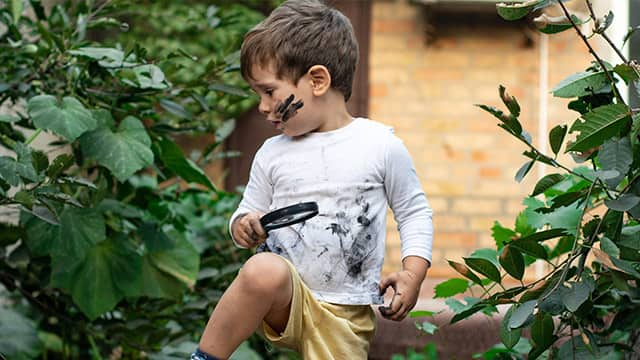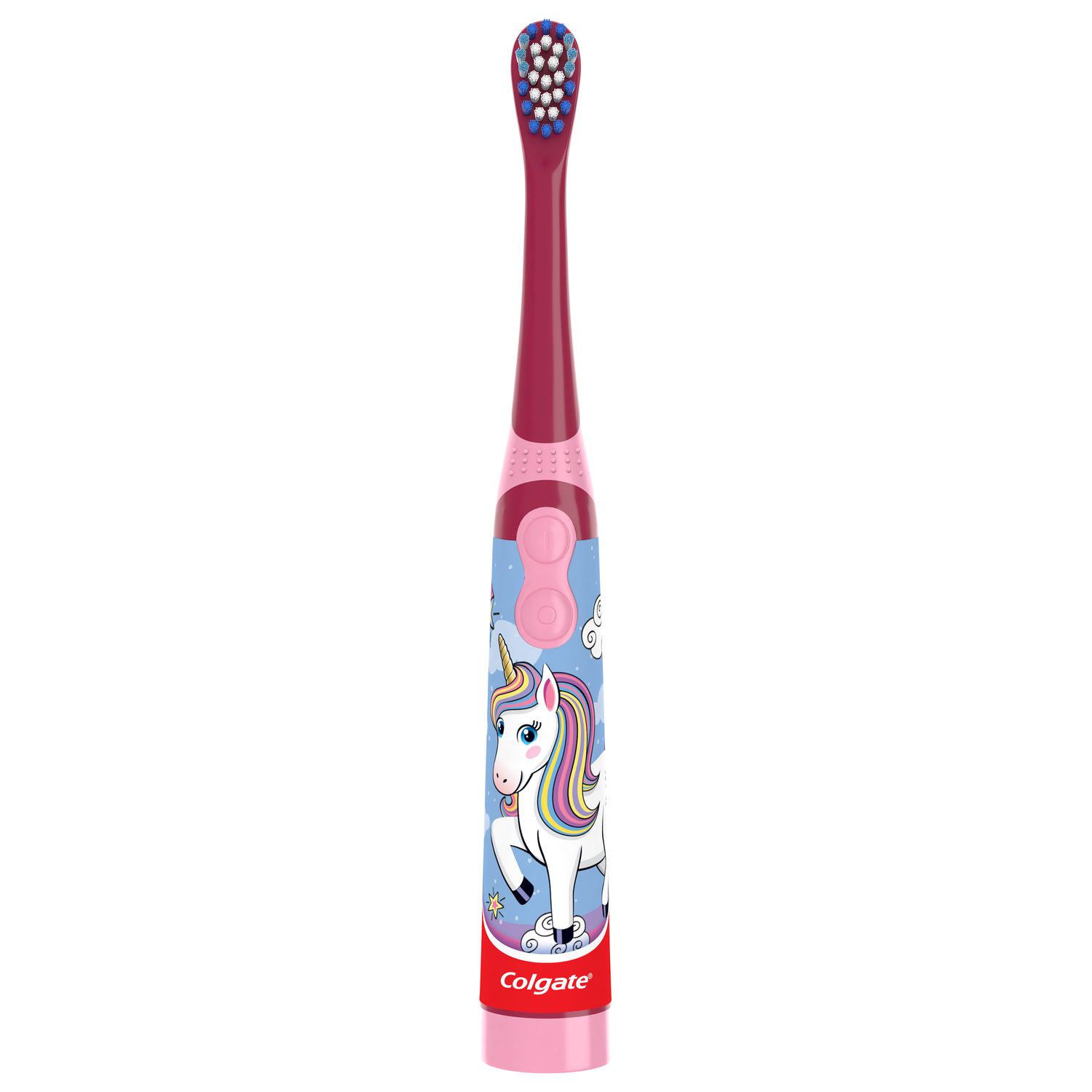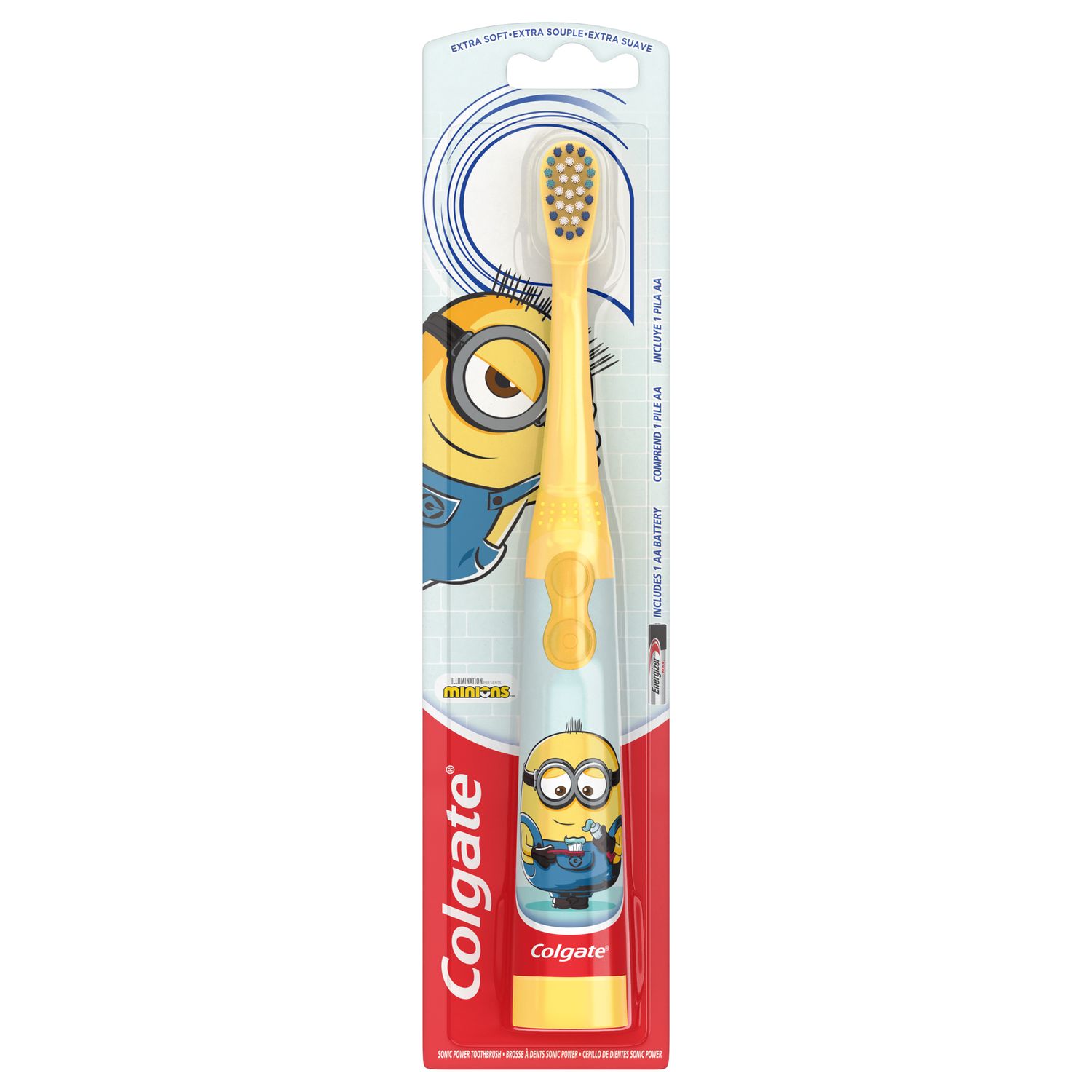Why Do Kids Bite?
On the surface, biting might seem malicious, but it really isn't. According to The Center on the Social and Emotional Foundations for Early Learning, children use their mouths to learn about their surroundings and bring themselves comfort. And since toddlers lack the language skills to express themselves differently from older children and adults, biting can also serve as a form of communication. Kids might bite to express various emotions, including excitement, frustration, or boredom. So, it makes sense that as children get older and learn to better communicate verbally, biting incidents decline.
What to Do if Your Kid Bites Another Child
If biting becomes a problem with your child, The Nemours Foundation offers some valuable tips on how to handle the situation and how to prevent future incidents.
For starters, maintain control of your emotions when being stern with your child. Calmly but firmly remind them that they’re not supposed to bite, but avoid long explanations as your child is too young to understand.
Then focus on the person who was bitten, making sure they’re okay and determining if the bite needs medical attention. Once you've tended to the victim, turn back to the biter and comfort them as they’re sure to be feeling upset. Show your child that there are alternative methods to biting, such as using words to diffuse a situation before it escalates.
Young children are easily distracted. Getting them to focus on something positive can serve as a great way to calm down an emotional situation.
How Can I Get My Child to Stop Biting?
If you find yourself dealing with kids biting – whether your child is the biter or the recipient of the bite – seize that opportunity to educate your child about proper mouth health. First, help them see that the dentist is an ally and show them that regular check-ups aren't scary. That means setting an example by attending regular preventative appointments to get your teeth cleaned.
The next part of the equation starts at home. Brush those chompers at least twice each day and use an interdental cleaner regularly. Try a toothpaste that fights cavities with a clinically proven fluoride formula for kids. Encourage healthy snacks, like fruits and vegetables, as opposed to sugar-filled alternatives. Helping your child develop good oral care habits early can lead to lifelong good oral health habits as an adult.
The following tips can help avoid any future biting incidents:
- Emphasize the positive with your child. Compliment them during times of good behavior instead of scolding them when they misbehave.
- Stay on message with your "no biting" rule. Eventually, they'll understand that this rule doesn't take any days off.
- When you're venturing into situations that might trigger your child to misbehave, discuss this with them ahead of time, so they know what your expectations are.
- Try to keep your child in a good, consistent routine with minimal disruptions, as changes to their routine can trigger stress and biting behaviors.
Biting can result from the inability to communicate fully, so discover other methods to help your child express their emotions. Consulting a doctor or therapist is a good start if you're not sure about proper coping methods. Before long, your little ones will only be using their chompers for smiling and laughing.
Frequently Asked Questions About Kids and Biting
Why do children bite?
Young children and toddlers often bite as a way to explore their surroundings or express big emotions that they can’t express verbally. These might include frustration, excitement or boredom.
How should I respond if my child bites someone?
Calmly but firmly remind your child of your “no biting” rule. Check that the recipient of the bite is okay and get them first aid or medical attention if they need it. Then comfort your child and explain that there are more appropriate ways to express emotions.
What strategies can I use to prevent my child from biting?
Be consistent with your “no biting” message, set expectations, and never let a biting incident go unacknowledged. Use any incident as an opportunity to discuss other ways to handle emotions and express themselves. And be sure to reinforce good behavior and praise your child for expressing themselves in an appropriate way. If your efforts to break your child’s biting habits aren’t successful, consider asking your pediatrician or a behavioral therapist for advice.
How can I handle biting incidents at daycare or preschool?
If your child is going through a biting phase, let their daycare or preschool know so that they can be prepared. Tell them any strategies you’ve put in place at home so that they can reinforce your messaging, and share with them anything you’ve found to be successful. If your child does bite another child, the preschool or daycare will likely have a policy in place for dealing with such incidents.
When should I seek professional help for my child's biting behavior?
If your efforts to manage biting at home have not been successful, if your child is biting others with enough force to cause injuries, or if your child is also displaying aggressive behaviors, ask your pediatrician or a behavioral therapist for advice.
Oral Care Center articles are reviewed by an oral health medical professional. This information is for educational purposes only. This content is not intended to be a substitute for professional medical advice, diagnosis or treatment. Always seek the advice of your dentist, physician or other qualified healthcare provider.
ORAL HEALTH QUIZ
What's behind your smile?
Take our Oral Health assessment to get the most from your oral care routine
ORAL HEALTH QUIZ
What's behind your smile?
Take our Oral Health assessment to get the most from your oral care routine















